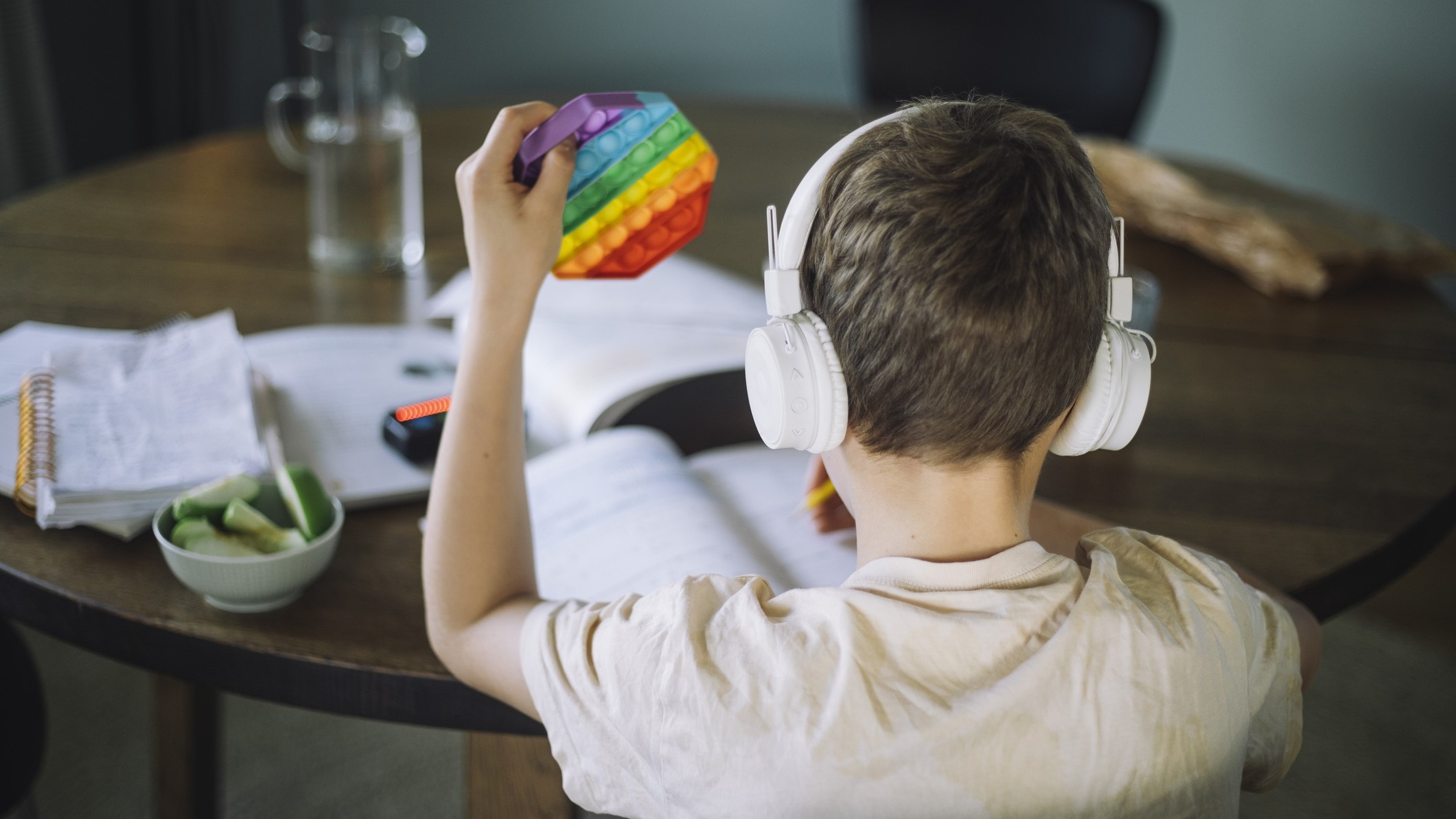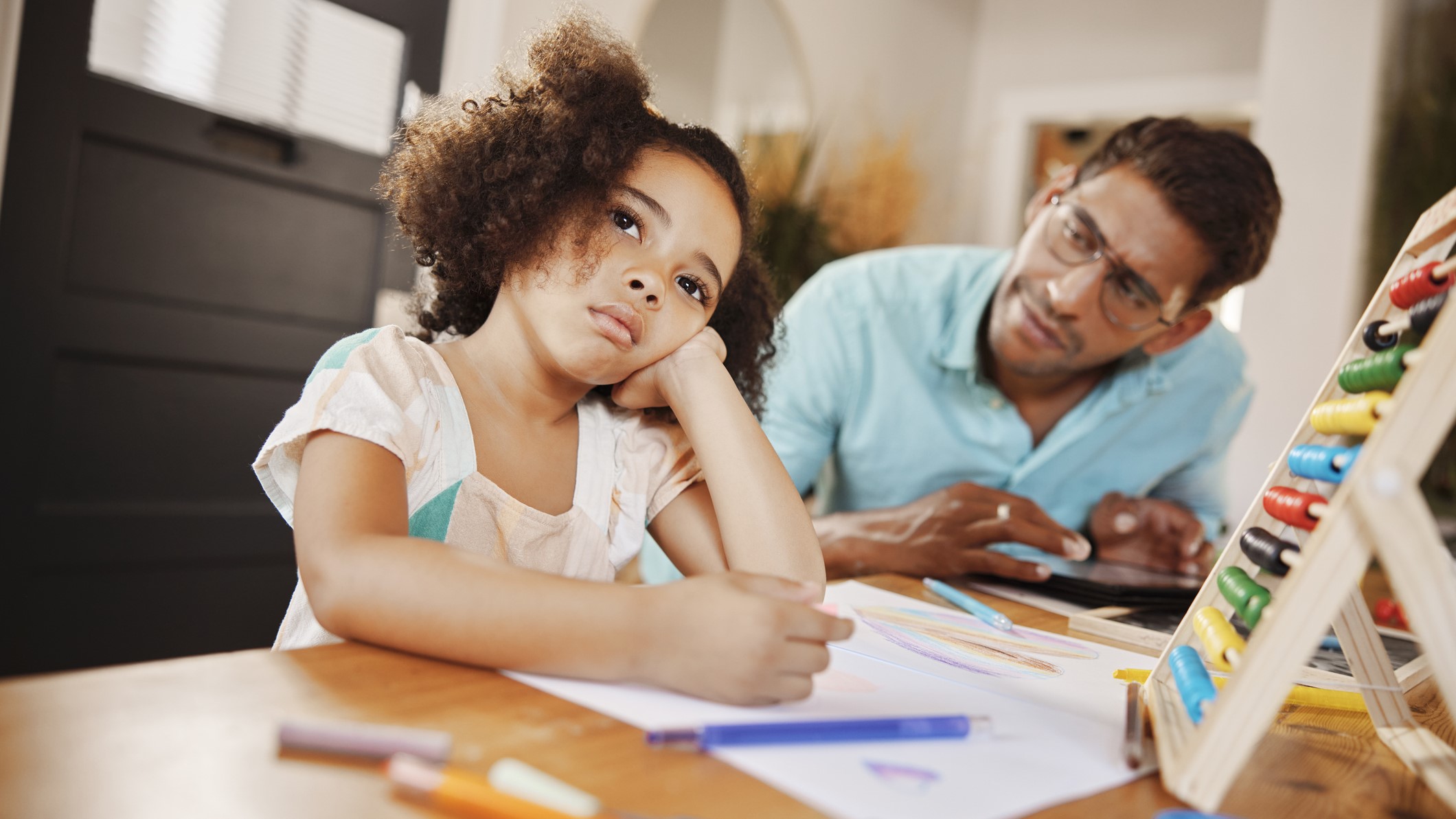
We all want the best for our children, and sometimes, that means recognising when they might need a little extra support. If you've been wondering about Attention Deficit Hyperactivity Disorder (ADHD) and how it might relate to your child, you're not alone.
First and foremost, let's clear the air: ADHD isn't a flaw or something "wrong" with your child. It's simply a different way of experiencing and interacting with the world. Think of it as a unique lens through which your child views life - one that can bring challenges (we covered an explainer on what is PDA in kids that might be helpful), but also incredible strengths and creativity.
You may have heard various myths about ADHD, particularly ones that blame parenting styles. I want to assure you, as an educational psychologist with years of experience, that ADHD is a neurodevelopmental difference, not a result of how you've raised your child. In fact, many successful professionals and celebrities have ADHD diagnoses. With the right support and understanding, children with ADHD can not only cope but thrive in various aspects of their life, just like children without ADHD. We'll help you recognise the signs early, so you can help ensure they have all the tools they need to shine their brightest.
What are the some of the symptoms of ADHD?
- Inattentiveness (difficulty concentrating and focusing)
- Being easily distracted
- Difficulties with memory and being forgetful or constantly losing things
- Extreme difficulties with sticking to tasks that are challenging and time-consuming
- Difficulties with listening and carrying out instructions
- Constantly changing activity or task
- Reduced organisation skills
- Impulsivity (acting without thinking
- Having difficulties with sitting still, especially in calm or quiet surroundings
- Constantly fidgeting and excessive need for physical movement
- Excessive talking and interrupting conversations
- Difficulties with turn-taking and waiting their turn.
In the UK, most children are diagnosed with ADHD when they are age six and above. For children to have a diagnosis of ADHD, they must be showing the following symptoms for at least six months and start to have them from age 12 months and in at least two different settings (e.g., at home and school).
However, please note that just because your child may display such symptoms as listed above, does not mean they have ADHD, as other conditions (e.g., sensory processing difficulties) share similarities. Therefore, caution should be taken when considering the following:

It is also important to note that some of the above symptoms may be the norm in some cultures, and every family's values will vary; therefore, caution must be taken not to engage in self-diagnosing. While working with children with ADHD, I tend to focus not just on how children present but also on how other factors (e.g., changes in family dynamics, moving home and bereavement) may influence their behaviour.
What are the strengths of ADHD?
Should a child or young person be diagnosed with ADHD after being assessed by a multiagency team of professionals, it is essential to celebrate the strengths associated with having the diagnosis as well as focus on teaching coping strategies to navigate the world.
The following strengths of having ADHD include:
- Hyperfocus: Some children with ADHD tend to be able to focus intensely on a task linked to their interests for hours.
- Resilience: Some children and young people with ADHD tend to have the ability to bounce back.
- Creativity: Some children and young people with ADHD are exceptionally artistic and engage well with the practical aspects of learning.
- Spontaneity: Some children and young people with ADHD tend to have the courage and confidence to embark on new opportunities impulsively without being held back by fear as they then act first and think later.
- High energy levels: Some children and young people with ADHD tend to have lots of energy to engage in physical activities.
How do boys and girls differ with ADHD?
In my experience of working with children and young people, Boys with ADHD usually display hyperactive behaviours such as running and jumping and also impulsivity. Girls with ADHD, on the other hand, typically show internalised symptoms, including inattentiveness and low self-esteem.
In some cases, girls often develop adaptive behaviours and strategies that enable them to mask their symptoms to fit into societal expectations.
It is important to note that symptoms of ADHD can vary as children and young people's ages change. A 2021 study conducted a meta-analysis to explore the differences between ADHD in both genders and found that boys with ADHD are more hyperactive than girls. They also found that boys with ADHD tend to have more difficulties with learning than girls due to their increased level of inattentiveness and impulsivity. Therefore, girls who are more passive and can mask their needs better may be easily overlooked and considered to have an underlying need, which could also result in insufficient support.

A recent study reported that teenage girls with ADHD display higher difficulties in attention and concentration skills than boys. It was also found that teenage boys with ADHD display low mood and obsessive-compulsive behaviours.
How would my child be diagnosed with ADHD?
The diagnostic pathway to be assessed for ADHD varies in different locations in the United Kingdom. It is essential to speak to your GP, the child's school staff and the Special Educational Needs Coordinator to learn more about the steps.
More information and resources on ADHD
- A teenager's guide to ADHD
- ADHD Support For Your Child | Parents Advice Guide | YoungMinds
- Attention deficit hyperactivity disorder (ADHD) | Great Ormond Street Hospital
For more articles from Dr Patricia Britto, take a look at her author page. Dr Britto's most recent 7 ways to make sure your child is school ready, is so helpful on what's really important for your little ones to know about and her article on body autonomy - the 5 things kids never have to do is so insightful - with useful tips.







